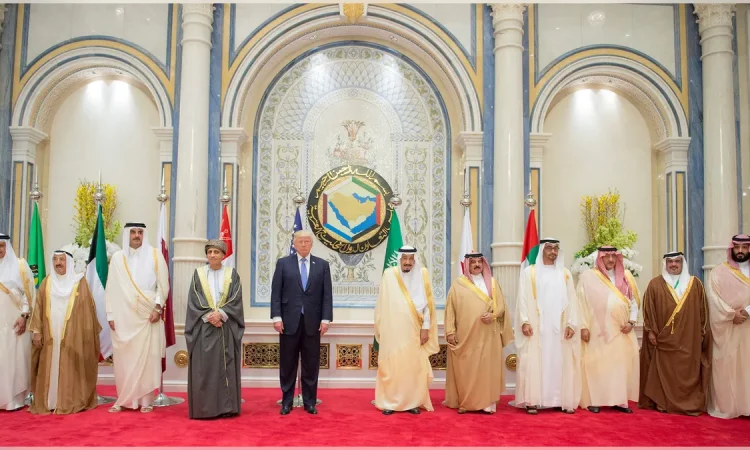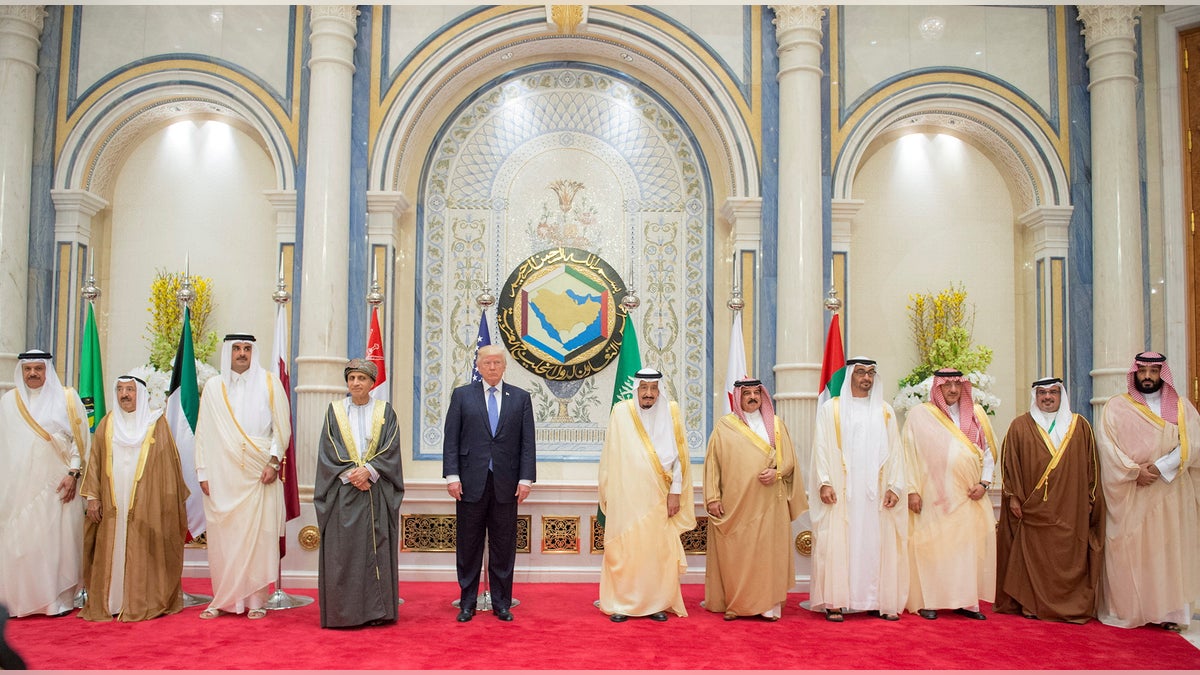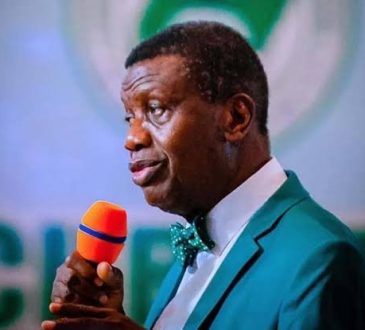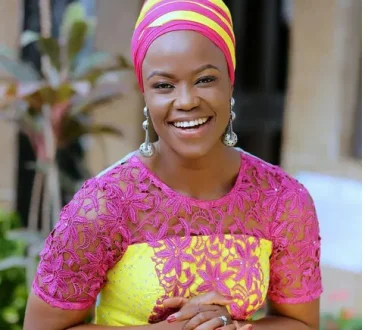The Return of the Dealmaker: How Trump’s Gulf Tour Is Rewriting America’s Role in the Middle East

President Donald J. Trump has ignited a fresh blaze of geopolitical energy with a bold, high-stakes tour of the Persian Gulf—marking his first major foreign visit of his second term in office. Over the next 72 hours, Trump will land in three of the world’s wealthiest oil nations—Saudi Arabia, the United Arab Emirates, and Qatar—on a mission that fuses business ambition with geopolitical recalibration.

While the official itinerary is branded as “commerce-forward,” the visit is anything but routine. Behind the red carpets and billion-dollar memoranda lies a deeper objective: reasserting America’s dominance in a region where the Biden administration’s retreat created a vacuum now ripe for Trump’s unmistakable imprint.
“Extremism is defeated through commerce and cultural exchanges,” said White House press secretary Karoline Leavitt, underscoring a foundational principle of Trump’s diplomatic strategy.
This Gulf trip isn’t just symbolic—it’s transactional, transformational, and unapologetically Trumpian.
Biden’s Ice-Cold Legacy, Trump’s Fiery Reset
When Joe Biden labeled Saudi Arabia’s Crown Prince Mohammed bin Salman a “pariah,” it triggered a seismic cooling of U.S.-Gulf relations. Trump, ever the businessman, has not only reversed course—he’s flipped the chessboard.
From Riyadh to Abu Dhabi, the red carpet isn’t just rolled out—it’s being re-woven in gold thread.
“The United States is reminding our Middle East allies that we’re here to stay,” says Gregg Roman, Executive Director of the Middle East Forum. “Trump’s back, and abandonment is off the table.”
Saudi Arabia has already pledged $600 billion in U.S.-bound investments, with the possibility of $1 trillion—from artificial intelligence to arms, defense, and Wall Street. Meanwhile, the UAE, chasing global AI supremacy, has gone even further with a jaw-dropping $1.4 trillion commitment over the next decade.
Commerce Meets Conflict: No Peace Without Power
Despite the flurry of deals, Trump’s diplomacy remains rooted in realpolitik. Nuclear tensions with Iran are rising, the Israel-Hamas war simmers, and Palestinian statehood remains unresolved.
Unlike previous administrations, Trump has refused to pressure Saudi Arabia into normalizing relations with Israel without Palestinian statehood on the table, placing U.S. interests ahead of Israeli hardliner demands.
“Israeli normalization in any Saudi-U.S. project is an outdated option,” says Saudi geopolitical analyst Salman Al-Ansari. “The second Trump administration is doubling down on its strategically autonomous Middle East policy.”
A Tri-Nation Tour of Titans
Tuesday — Riyadh, Saudi Arabia: Trump will headline the U.S.-Saudi Investment Forum, alongside Crypto Czar David Sacks, as both sides explore oil-free futures powered by technology and mutual security.
Wednesday — Doha, Qatar: After attending a Gulf Cooperation Council meeting, Trump will hold closed-door talks with Emir Tamim bin Hamad Al Thani and visit the strategic Al Udeid Air Base. In an extraordinary gesture, Qatar has offered its royal Boeing 747-8 to serve as Air Force One.
Thursday — Abu Dhabi, UAE: Final stop. Trump meets UAE President Sheikh Mohammed bin Zayed Al Nahyan, where AI, semiconductors, and military cooperation top the agenda.
Undoing Biden’s Bans, Boosting U.S. Tech Dominance
Trump announced he is rescinding Biden-era export restrictions on artificial intelligence technologies to Gulf nations, unlocking a floodgate of U.S.-made microchips and software to allies who had begun eyeing China for alternative supplies.
This singular move may reset the tech arms race in the Middle East and reorient regional dependency firmly back to Washington.
Trump and Tehran: Eyes in the Shadows
Iran is watching—nervously.
Tehran’s top diplomat made secret visits to both Qatar and Saudi Arabia just before Trump’s arrival, attempting to pass messages through back channels. Iranian Supreme Leader Ayatollah Ali Khamenei is expected to be briefed hourly as Trump’s every move plays out across the region.
“The IRGC is trying to undermine every single country in the region,” warns Middle East expert Jonathan Bass. “And Trump? He’s the only man who can lead the confrontation.”
Billion-Dollar Diplomacy with a Bulletproof Edge
As Trump steers the U.S. back into the driver’s seat in the Middle East, one message is clear: America is no longer apologizing. This isn’t diplomacy through apology—it’s influence through strength, trade, and tactical brilliance.
The backdrop may be war, but Trump is betting that business deals can broker peace where decades of diplomacy failed.
“This is no mere visit—it’s a strategic resurrection of U.S. power in the Gulf,” says Bass. “And the Gulf states aren’t just welcoming Trump—they’re investing in him.”




